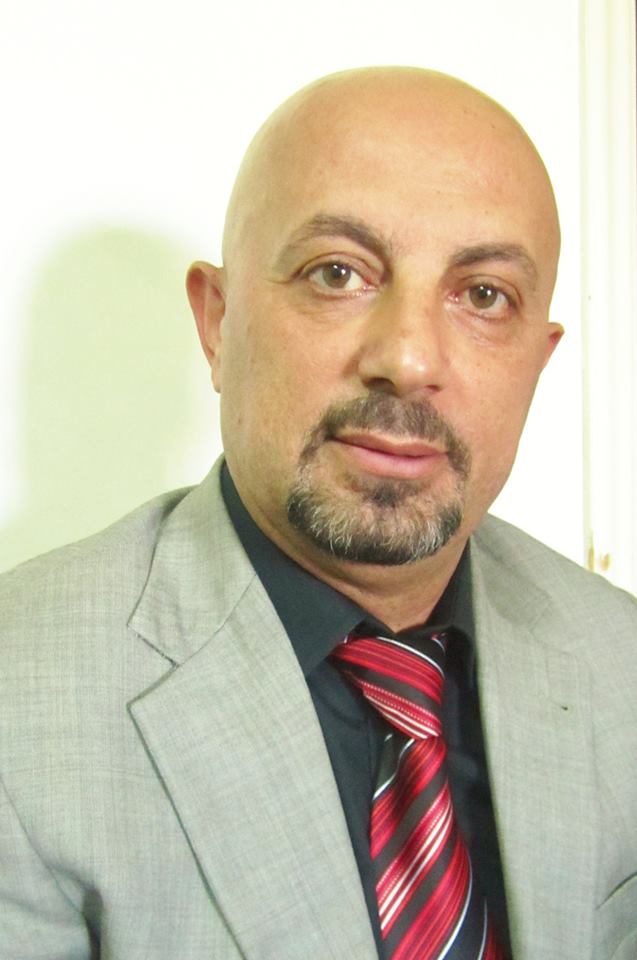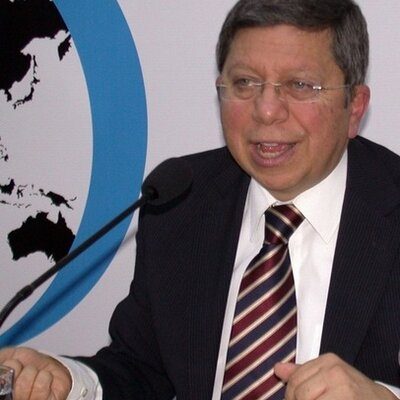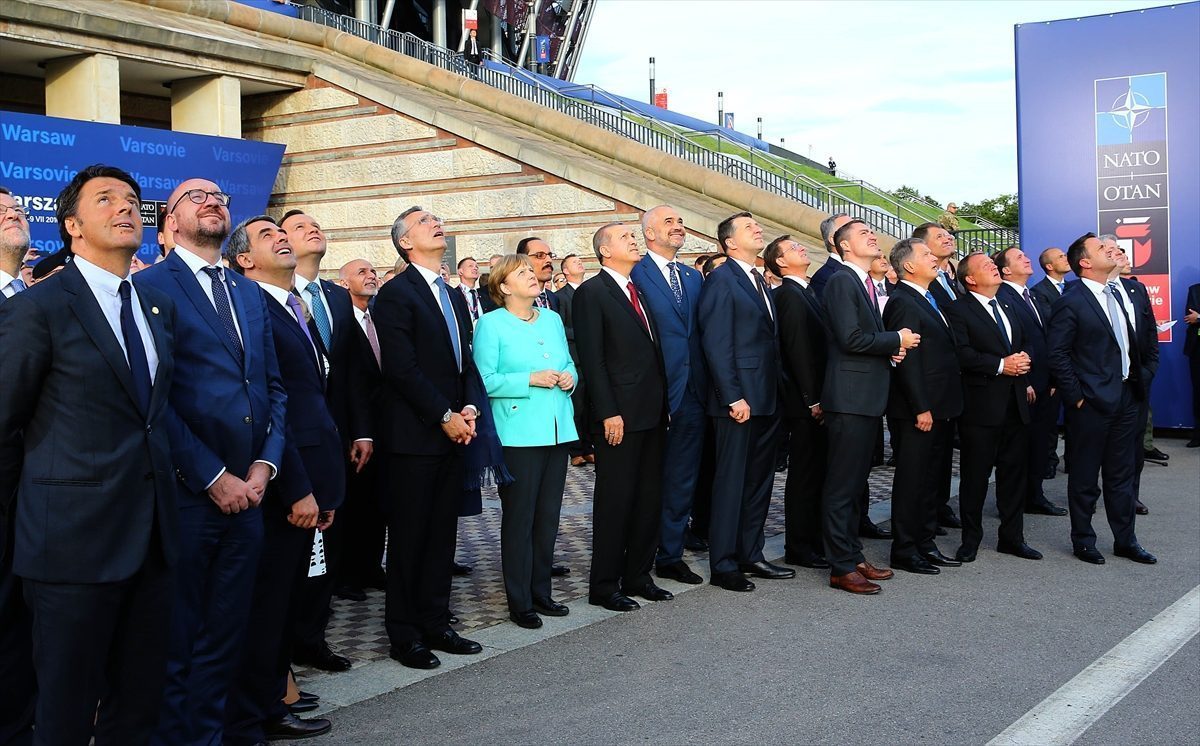
By: Khourshid Delly*
When the Syrian Democratic Forces announced some time ago that they were launching a battle north of Raqqa, it was clear that the goal was not Raqqa, the stronghold of Daesh (ISIS), but to engage in an open stage with two choices, which will be specifically based on the outcome of the battle of Manbij, towards which the Syrian Democratic Forces have advanced slowly but surely. Perhaps, the battle of Manbij is particularly important for many reasons. However, the control of this city, which has a very symbolic status to Daesh, means either heading north towards Jarablus and Azaz, or south toward Raqqa, which will be the major confrontation, as it is a matter of life or death for ISIS, as long as it is concerning its (ISIS) Syrian capital, where there is the organization’s military strength, lines of defense, weapons, leadership, and weight center.
Undoubtedly, the battle of Manbij has a great strategic importance for all parties involved in the conflict, as each party has its own calculations, agenda, and future plans.
These calculations include:
1. Manbij is considered a strategic center for ISIS, where the theoretical line of the organization’s state border in the north begins on the Syrian-Turkish borders. So, Manbij is considered a crossing center for the fighters who come from abroad to the areas under the control of the ISIS organization, and it is also used for moving from the inside to the outside via Turkey. Accordingly, grabbing the city from ISIS means cutting contiguity with Turkey, which means a lot to the organization, for reasons related to the logistical supply, fighters, and weapons. If the Syrian Democratic Forces succeeded in freeing Manbij, ISIS will become trapped in Raqqa, and then a serious thinking will start for the battle of Raqqa.
2. For the Kurds, Manbij is more important, as it will be the first city, west of the Euphrates River, to fall under their control; and such control means:
• First: Surpassing the red line that has been repeatedly announced by President Erdogan.
• Second: The road to Azaz and Jarablus will be open, which means the possibility of directing a strong blow to the military factions in that region, as the latter will find themselves stuck in a border line that is very narrow.
• Third: The control of Azaz means linking between the Kurdish areas in the east to the areas in the west for the first time, that is, completing the construction of the geographical requirements for the Kurdish province; but such a thing has big implications on the inside of Syria and Turkey together.
3. For the position of the Syrian regime and Russia, it is based on a complicated equation: On the one hand, there is a positive outlook for the battle as it is against terrorist groups in the eyes of the two parties, and it is considered a blow to Turkey’s influence and its policies towards the Syrian crisis. On the other hand, there are deep-seated fears to the two parties (Russia and the Al-Assad regime) that this battle may strengthen the US securities inside Syria, and urge the Kurds to raise the ceiling of their national aspirations after they had announced a federal system in the north of Syria.
4. The geography of Manbij is vital and important for the whole of Syria and even for Iraq and Turkey, as it practically connects six provinces of Syria (Hasaka, Deir az-Zor, Hama, Homs, Aleppo, al-Raqqa). Also, the control of Manbij means the control of the road network and lines of communication, especially between Aleppo and the eastern regions. Manbij is also important for the ongoing fighting in Iraq against ISIS because of the geographical correlation between Raqqa and Mosul, where there are the supply lines and the movement of fighters. Manbij is also vital for Turkey, which is watching very carefully the Kurdish climb in Syria and the aspirations of the Kurds to link their areas in Qamishli, Kobani and Afrin geographically to complete the Kurdish Rogge Ava province.
Turkey and the Controversial Tough Choices
With the Kurdish climb, Turkey’s approach to the Syrian crisis has become linked to a large extent to the Kurdish issue and not to its old strategy which was based on the toppling of the Al-Assad regime. The Kurdish extension to the north and east has shaped the features of a new entity that is being formed along its southern border. If the Kurds succeeded in linking Afrin to the areas under their control, Turkey’s entire southern border will almost become with this new entity. This major change has moved Turkey’s strategy from the position of the initiator and the maker of the attack to the role of defense. Turkey’s priority has become how to protect the Turkish interior of the repercussions of the Kurdish climb that began to reflect inside, in a bloody war with the PKK, a war through which Erdogan wants to direct a pre-emptive strike to the possibility of the establishment of a Kurdish entity in the Turkish homeland in the future.
There are many reasons for the change in Turkey’s position, the most important of which are:
1. Failure of the Turkish policies to achieve a penetration in the process of the Syrian crisis that has been going on for more than five years, without a glimmer of hope to resolve it, which placed the Turkish politics in constant attrition with new balances imposed by the Russian military intervention in Syria, and then the American-Russian understanding.
2. There is a feeling among the Turkish decision-makers that they had missed a precious by refraining from carrying out a military intervention in the early stages of the crisis. Such an opportunity is no longer existing, to avoid a direct clash with Russia, while Turkey alone is not able to afford such an adventure, especially that it is aware that the NATO and the United States will not back it if things turned into a direct confrontation with Russia and implicitly with Iran.
3. The US ally has become practically an ally of Turkey’s historical enemy, namely, the Kurds, towards which Turkey feels bitter, in addition to the loss of an ally, especially that all the Turkish initiatives to dismantle the American-Kurdish alliance have failed. The most recent attempt was a declaring of Turkey’s willingness to secure an alternative for the Kurdish forces to fight the North battles against ISIS, but Washington ignored the initiative and maintained its alliance with the Syrian Democratic Forces. Also, the Turkish threats to Washington on the need to choose between the historical alliance with Ankara and the new alliance with the Kurds ended with no result. Practically, the US message was proceeding with its alliance with the Kurds, who have proven their efficiency on the ground in the fight against ISIS.
In light of the previous data, Turkey seems to have two difficult choices:
I. The first option is to play the role of a spectator toward the progress of the Syrian Democratic Forces on its southern border, as what happened during the battle of Kobani, while recognizing that the implications of this matter may be dramatic on its internal security in the future.
II. The second option is the military intervention if the Syrian Democratic Forces reached Azaz, which is considered the last border point with Turkey. But, the Turks are aware that such an option means a clash with Russia and possibly with the American ally; such a decision would be an invasion of a neighboring country as happened during the Turkish invasion of the northern Cyprus in 1974, which caused international sanctions and pressures on Turkey.
In front of the two former options, there are new Turkish signals, that can be drawn from the statements of the poles of the new Turkish government that Ankara is reviewing its previous policies, including its policy towards the Syrian crisis, which is considered an indirect admission of the failure of this policy, and the possibility of searching for political ladders to descend from the top of the tree; but the problem is that the person who brought Turkey to the top of the tree is President Recep Tayyip Erdogan, who has become the primary source of the Turkish politics. The question now is: Is President Erdogan able to turn against himself?
* Khurshid Delly is a Syrian writer.
(Published in Al-Hayat on Wednesday, June 15, 2016, and translated for MEO)



